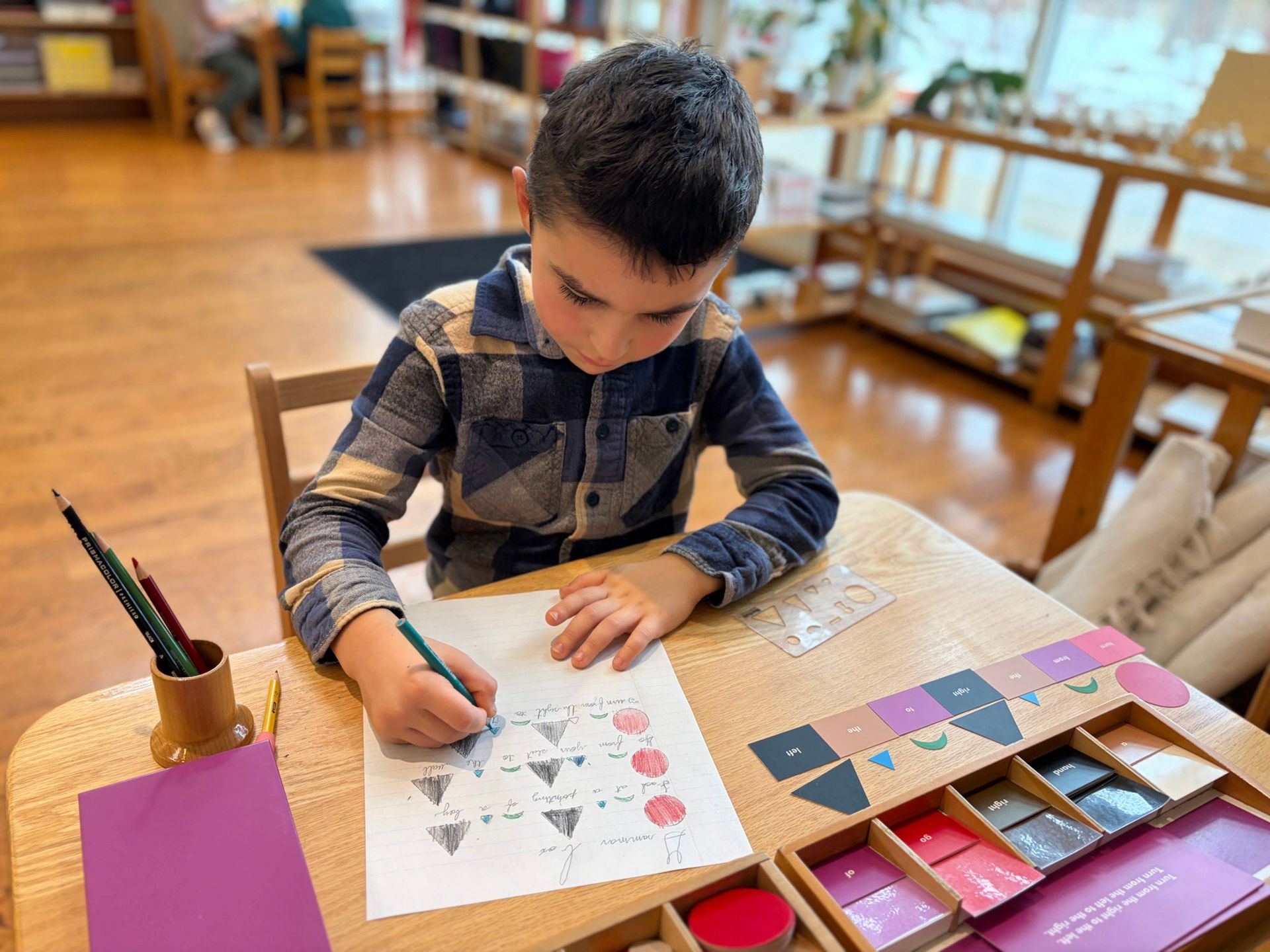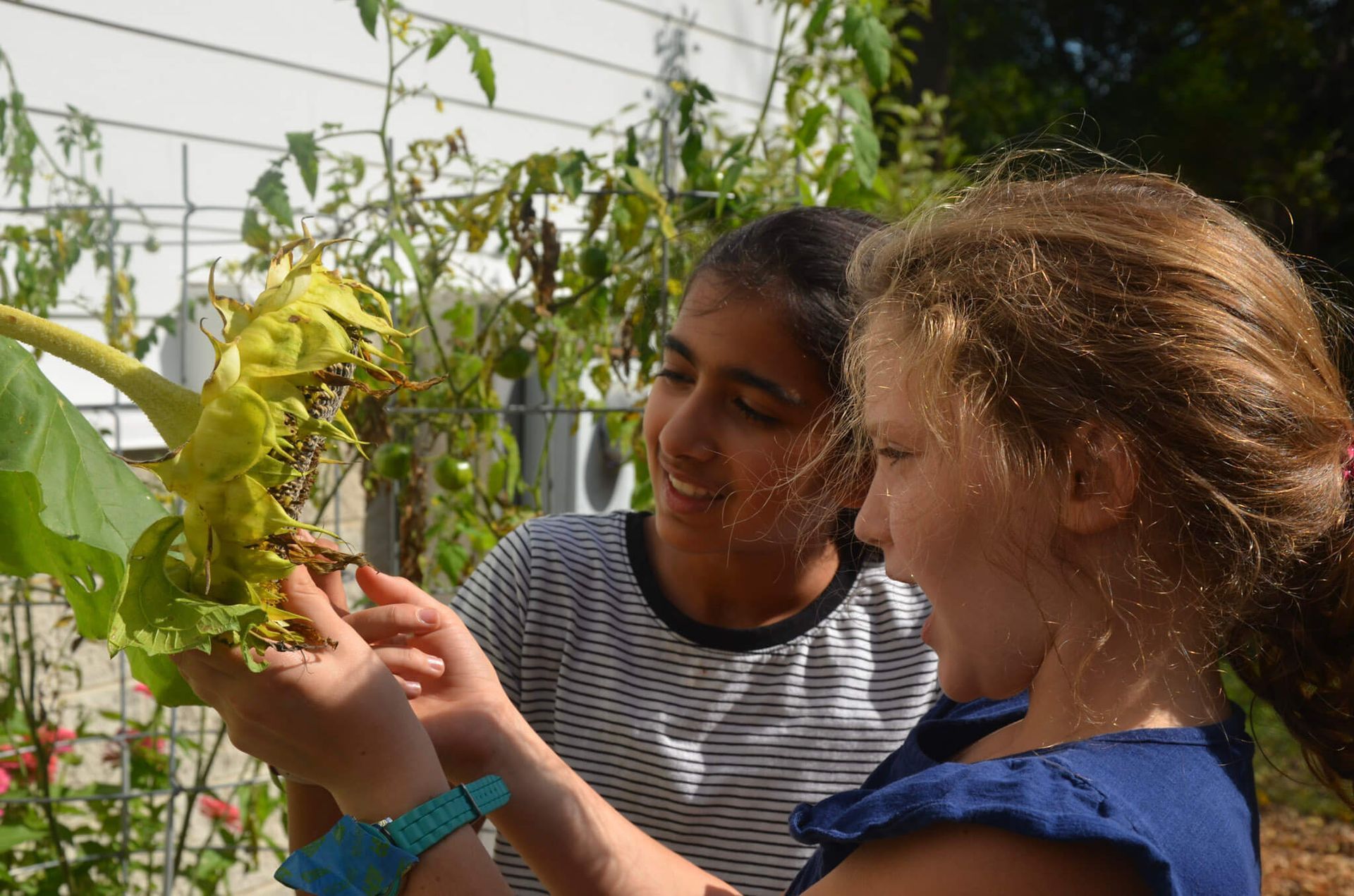
Recommended Books for Montessori Parents
Several people have asked us to suggest a few great books for Montessori school parents and educators. Here is a list of books, both new and old, that we highly recommend adding to your personal library. This is a list of the “best of the best,” as far as we know, giving you the most valuable information in writing styles that we found to be informative, enjoyable and engaging. Most of these books can be purchased at your favorite local book store, such as Lake Forest Book Store or online via the links provided. Enjoy!
The Gift of Failure
By Jessica Lahey
Harper Collins, 2015
I love this book! I have read it through twice and continue to underline and refer to sections, as both an educator and a parent of emerging teens. Jessica Lahey has a great perspective as an experienced and successful middle school teacher, but also as a humble parent. This book fits well with the philosophy of a good Montessori school; it is a great testament to the idea that certain “truths” can be unearthed if one looks carefully enough. –PP
Reclaiming Conversation
By Sherry Turkle
Penguin Press, 2015
The Directors and I went to hear Sherry Turkle speak at Lake Forest College this past fall, and her book quickly became a favorite. This book explores: “Our passion for technology tempts us away from face to face conversation, but conversation is a cornerstone for empathy as well as democracy; it sustains the best in education and in business it is good for the bottom line.” From a Montessori School, to the family dinner table, to the college classroom, Turkle explores the importance for face-to-face conversation through anecdotes, research results and conversations with her students and patients. Finally, in a positive, encouraging manner, she tells us what we can do in our families, friendships and businesses to keep ourselves healthy and happy in this increasingly digital world. –PP
Mindset: The New Psychology of Success
By Carol S. Dweck, Ph.D.
Ballantine Books, 2006
This is a book that has really stayed with me. Carol Dweck explores the concept of what it means to have a fixed or growth mindset and what the life repercussions are for having one or the other. I keep reflecting on it as a parent – it has shaped how I perceive and speak to my children. I keep asking myself if I am approaching situations with a fixed mindset or one of growth that includes practice and persistence. Carol Dweck does a wonderful job of presenting solutions and practical applications in the book. I don’t say this lightly when I say that this book can change your life, and subsequently those around you! -NW
The Blessing of a Skinned Knee
By Wendy Mogel
Scribner, 2001
The Directors at our Montessori school read and discussed ‘The Blessing of a Skinned Knee’ this past winter, and we agreed that it is just as relevant today as it was 15 years ago. It is called, “A practical and refreshing antidote to anxious over-parenting.” Mogel combines her experiences as a parent, a psychologist, and as a Rabbi, to guide parents to use their moral values and common sense in raising their children. We found this book insightful, thought-provoking and inspiring. –PP
The Big Disconnect
By Catherine Steiner-Adair
HarperCollins, 2013
In thinking about the perils of getting our 14-year old son launched into high school with his first laptop computer, I re-visited this excellent book just this past weekend. Steiner-Adair gives great information and excellent advice for parents of infants - all the way through adolescence. We need to be informed and confident to make the best decisions about technology in our children’s lives. Although I personally, as an educator who works with young children, might go a step farther and discourage parents from exposing their children to any technology at all, Steiner-Adair certainly makes the case for being very cautious. I appreciate her expertise, her many stories, and her references to sound research. –PP
How to Talk So Kids will Listen and Listen So Kids will Talk
By Adele Faber and Elaine Mazlish
HarperCollins, 2005
This is a great book. With cartoons and humor, Faber and Mazlish refresh the approach to everyday parenting struggles. They teach us how to really listen and become better communicators with our children, so that they can learn to communicate well too. I recommend reading it before you stumble into those first, truly difficult conversations with your children. It is never to early or too late to get this book on your nightstand!
(These authors wrote another specifically for parenting teens, as well, which is also very good). –PP
What Happy People Know
By Dan Baker
Rodale, 2003
This is an all-time favorite of Paula Lillard’s, and ours as well. Dan Baker was at the beginning of the positive psychology movement, proposing that we lead with our strengths. Baker also explains that all emotions basically stem from either love, or fear. This wonderful book is alive with fascinating anecdotes from Baker’s many years as a psychiatrist. I think it is safe to say that the approach at a Montessori school is based, in large part, on the kind of positive psychology explained in this book. –PP
The Power of Habit: Why We Do What We Do in Life and Business
By Charles Duhigg
Random House, 2012/14
This is such a fun book to read, and again, I must say I re-read all my underlined sections several time s a year. Through fascinating true stories about business and life, Duhigg shows us the research and the reasons behind our habitual behaviors. Most importantly, he explains clearly how we can change our habits or start new ones. Discovering this book made a lasting impact in my life –I think you will get a lot out of it too! -PP
The Road to Character
By David Brooks
I am listening to this book in my car as I drive my children and run and run errands. I am only at the beginning, but it is a compelling book. It begins with the premise of the differences between our “eulogy virtues” (our inner roadmap that gives our life purpose), and “resume virtues” (traits that lead to external success). David brooks writes: “The essential drama of life is the drama to construct character, which is an engraved set of disciplined habits, a settled disposition to do good”. He tells stories of the world’s greatest thinkers and inspiring leaders, and looks at how they have built strong inner character through their struggles and experiences. When my family heads out of town on a road trip to visit colleges, my son and I will listen to this inspiring book together. –NW
The Great Work of Your Life: A Guide for the Journey to Your Calling
By Stephen Cope
Bantam Books, 2012
This is a really inspiring book about creativity, finding your personal or professional calling, and aligning the two. You will learn a lot about the Bhagavad Gita- a renowned Hindu allegory- and the lives of some famous people- (among them: Walt Whitman, Jane Goodall, Harriet Tubman, and Ludwig Von Beethoven). If you are looking for some inner guidance for finding your calling in life, or for rekindling a creative interest, this is a good summer read for anyone. -PP


